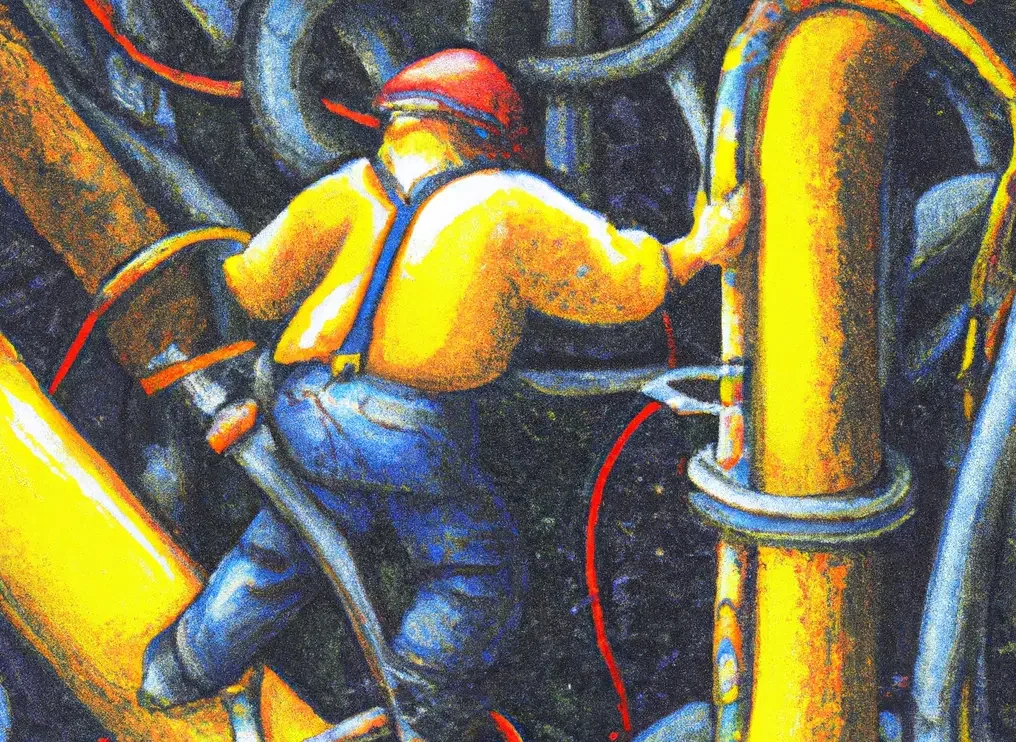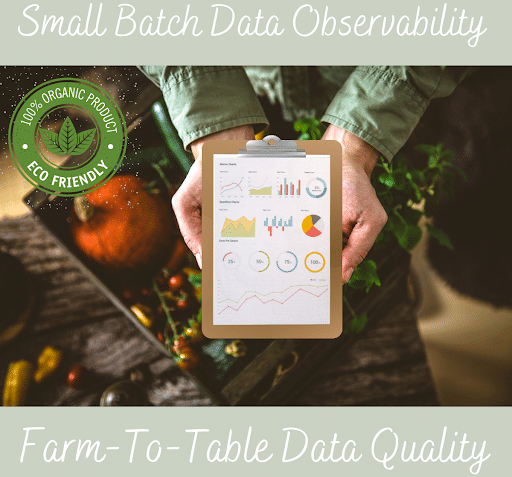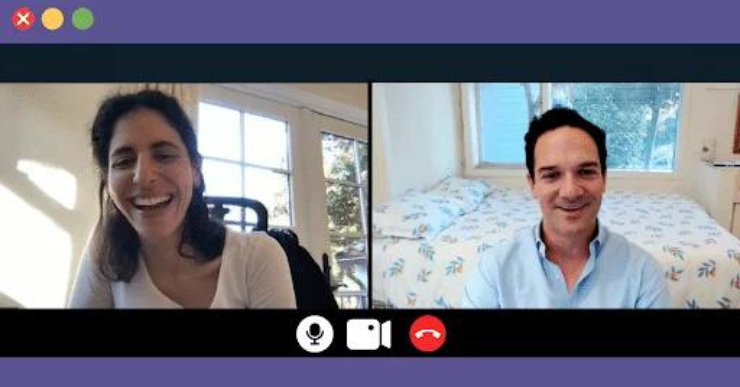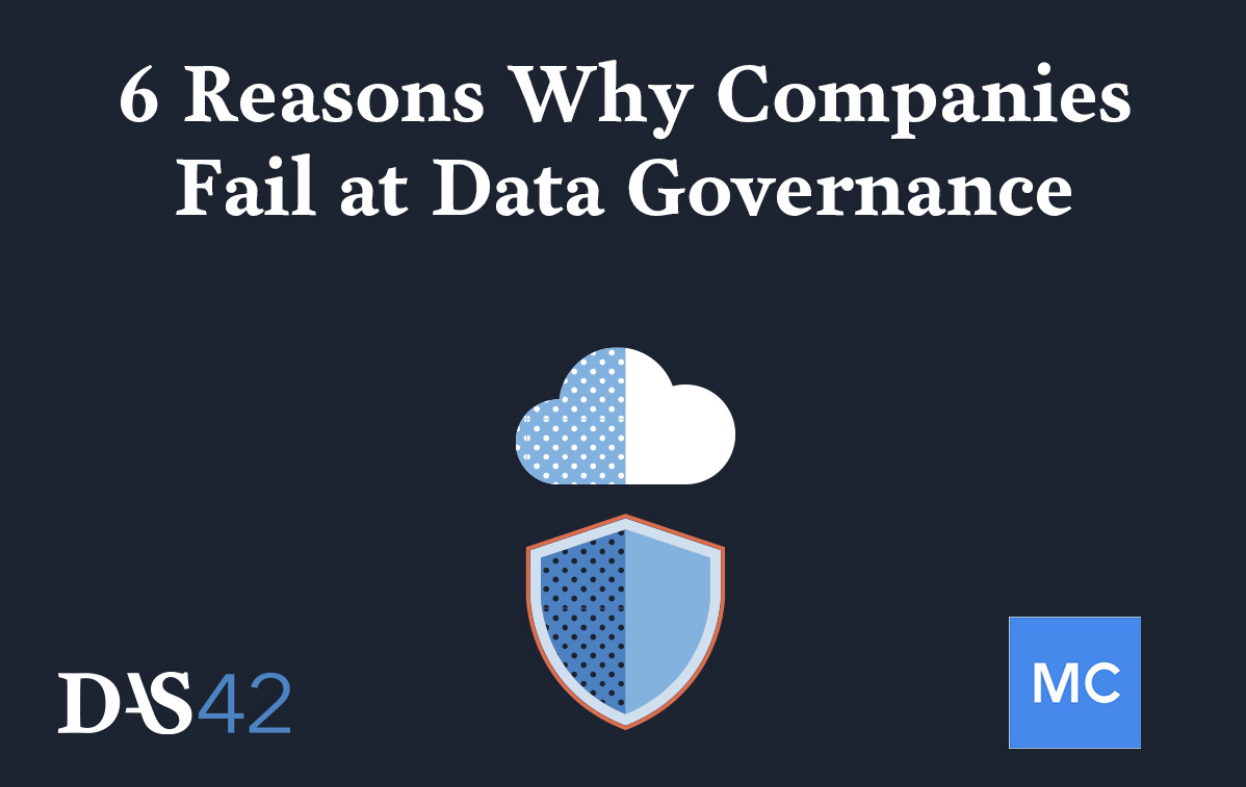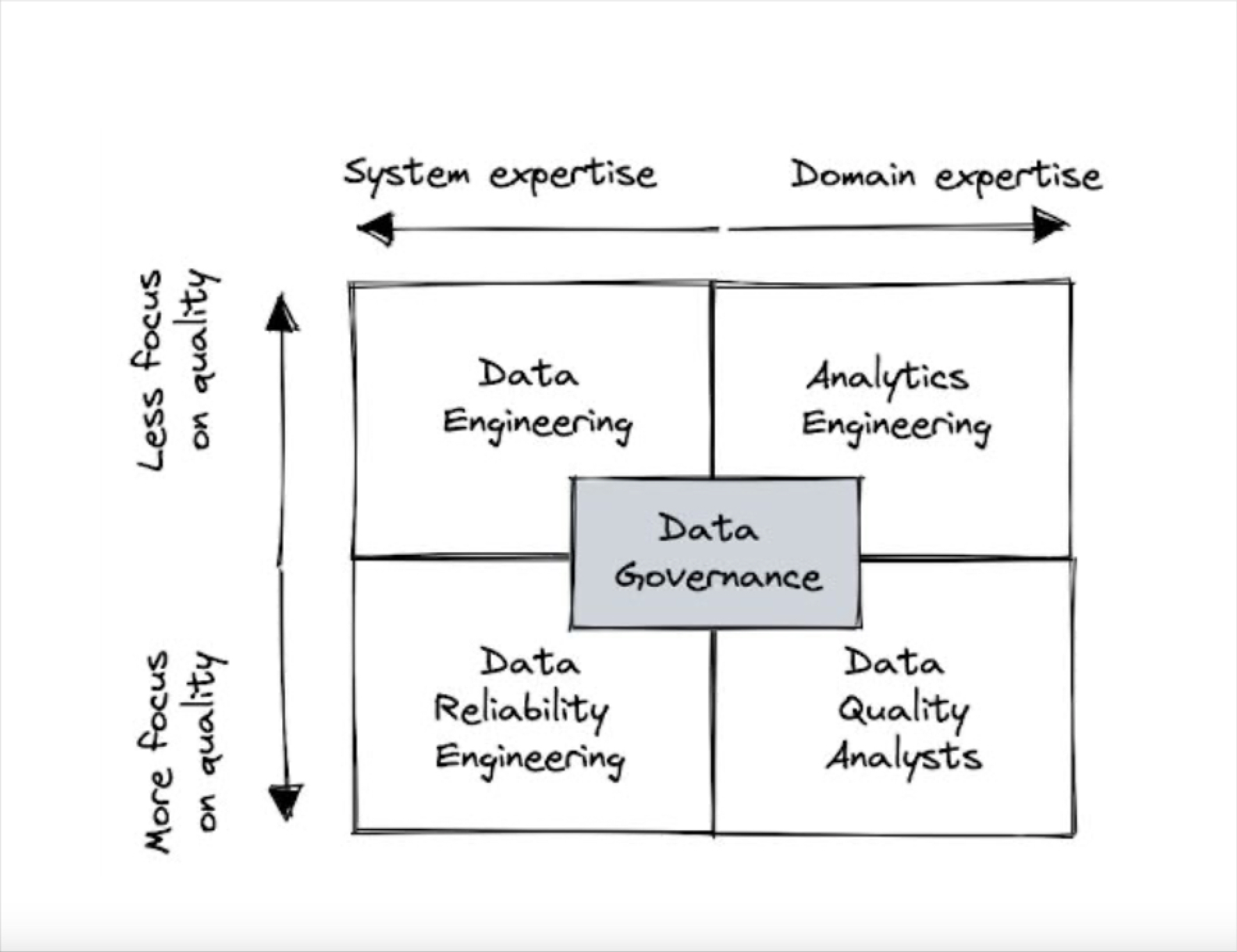4 Reasons Why I Joined Monte Carlo’s Data Science Team
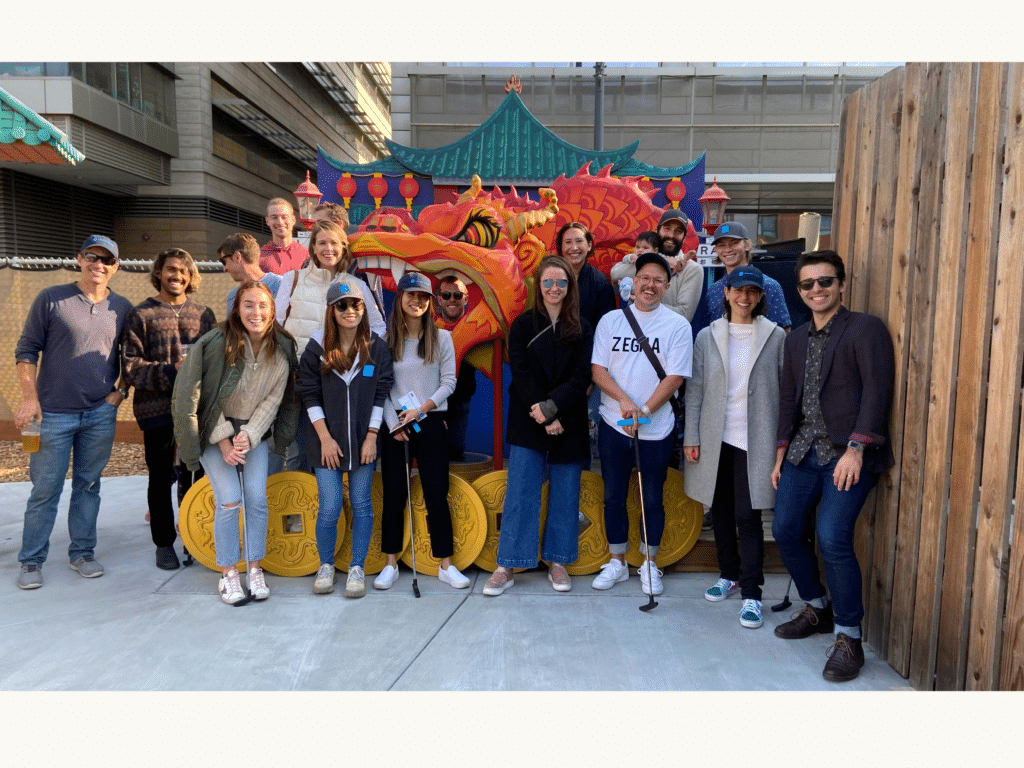
I first “joined” Monte Carlo exactly a year ago, as a data science intern. I met Lior, our co-founder, on Zoom in August of 2020. I had cast a volley of solicitous emails into my network — “(sort of) Stanford C.S. student looking to be (sort of) hired and avoid school for a while” — and one opportunity had come back from Oren and Glenn, former colleagues and now mentors of mine at GGV.
They had just co-led the Series A for Monte Carlo, then a startup with 15 employees and a yet-unlaunched product aimed at solving what they were calling “data observability.” Lior’s pitch sounded interesting and I jumped in. The plan was simple; pursue a 9-month internship, make some money, maybe learn something, hop back to school when the world comes back online.
Simple, right?
Thankfully, not so. 9 months later, Monte Carlo is a 50+ person Series C company behind the world’s first Data Observability platform$, 101M+ in funding, an industry-defining brand, and enterprise clients. And I’m sticking around.
Some observations immediately made clear that this gig was the real deal:
1. The problem is important.
The data and analytics market was valued at $70B in 2020, and is expected to eclipse $240B within 6 years. Fueled by monstrous valuations for companies like Snowflake and Databricks, the industry is gearing up to deliver highly scalable and operational data to all — but what good is data if you can’t trust it? In fact, the majority of executives don’t trust the analytics on which they base major decisions [1, 2].
Unhealthy data affects more than just the bottom line, too. Stanford’s Andrew Ng considers data quality the unexpected next frontier for AI. Google researchers identify data quality as “the most under-valued” aspect of production-grade AI, especially in high-stakes implementations like cancer diagnosis, wildlife poaching detection, and loan allocation. And there are moral concerns as well: misrepresentative and misunderstood datasets are the primary culprits for algorithmic bias, which can crop up in facial recognition, hiring, and many other important applications affecting our day to day lives.
2. The product vision fits.
Our co-founders, Barr Moses and Lior Gavish, aren’t messing around. Both come from proven industry track records, and they interviewed literally hundreds of companies to identify this particular pain point before writing a line of code. I was (and am) floored by the elegant way they defined, and continue to refine, our company’s purpose. For data-driven organizations, the Data Downtime problem is ubiquitous, salient, and only getting worse — and Monte Carlo is the solution.
3. These people are fantastic.
Of course, a primary drive to remain at this company has been the phenomenal team that Barr, Lior, and others have assembled. Everyone here just plainly loves to show up and succeed, and we’re assembling some of the industry’s best talents, all of whom have been tremendous mentors for me so far. Special thanks to Lior, Uri, Itay, Barr, Molly, Elor, Jordan, Katie, and so many others who have shown me the ropes around here.
4. And we’re just getting started.
Monte Carlo is defining the Data Observability space. In my job as a data scientist, this means developing novel machine learning pipelines to tackle quickly evolving and complex requirements. It’s basically a giant open research question of how to guarantee resiliency and effective monitoring over petabytes of vast, unstructured industry data. The potential for ingenuity is unbounded, and our valuable customer relationships keep us innovating and pushing forward. There’s no telling what Data Observability will look like in 5 years, but we get to set the stage.
If you made it this far and are not bored…
I highly recommend that you check out our company blog to learn more, or check out our open roles, or shoot me a note.
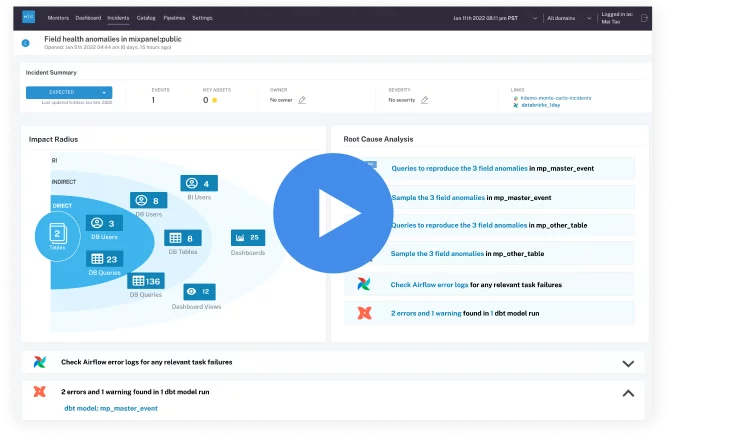 Product demo.
Product demo. 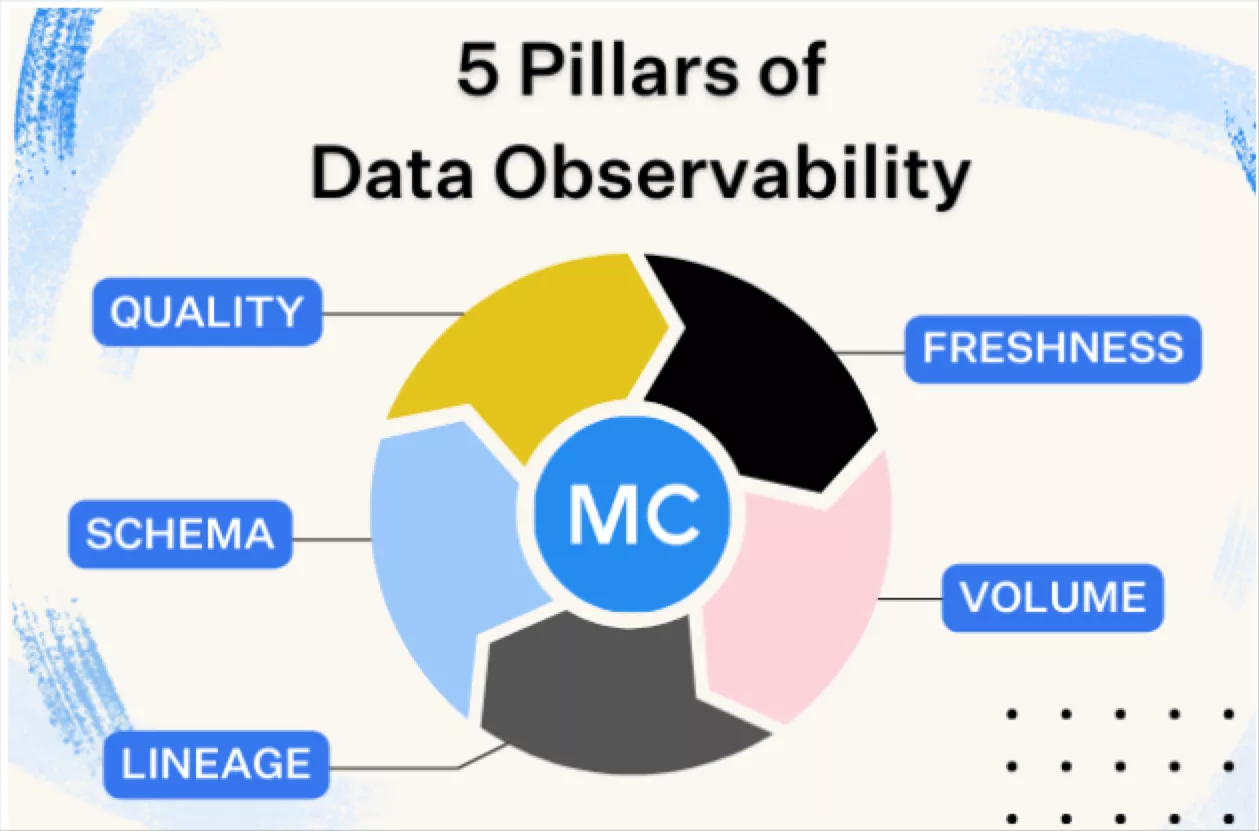 What is data observability?
What is data observability? 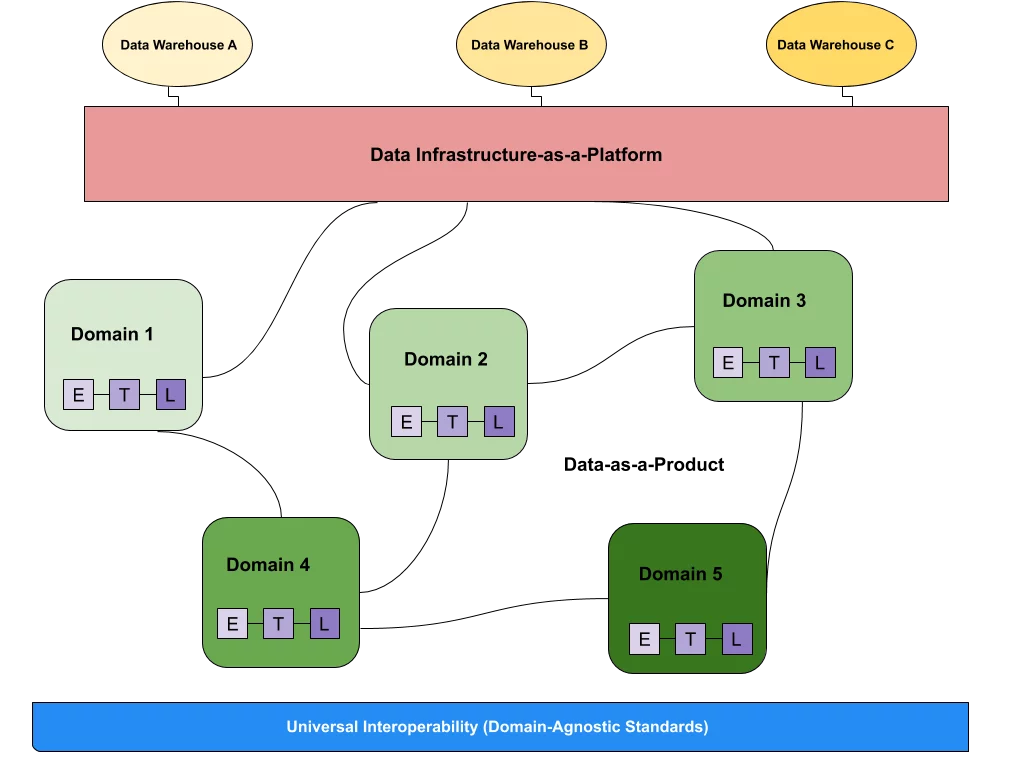 What is a data mesh--and how not to mesh it up
What is a data mesh--and how not to mesh it up 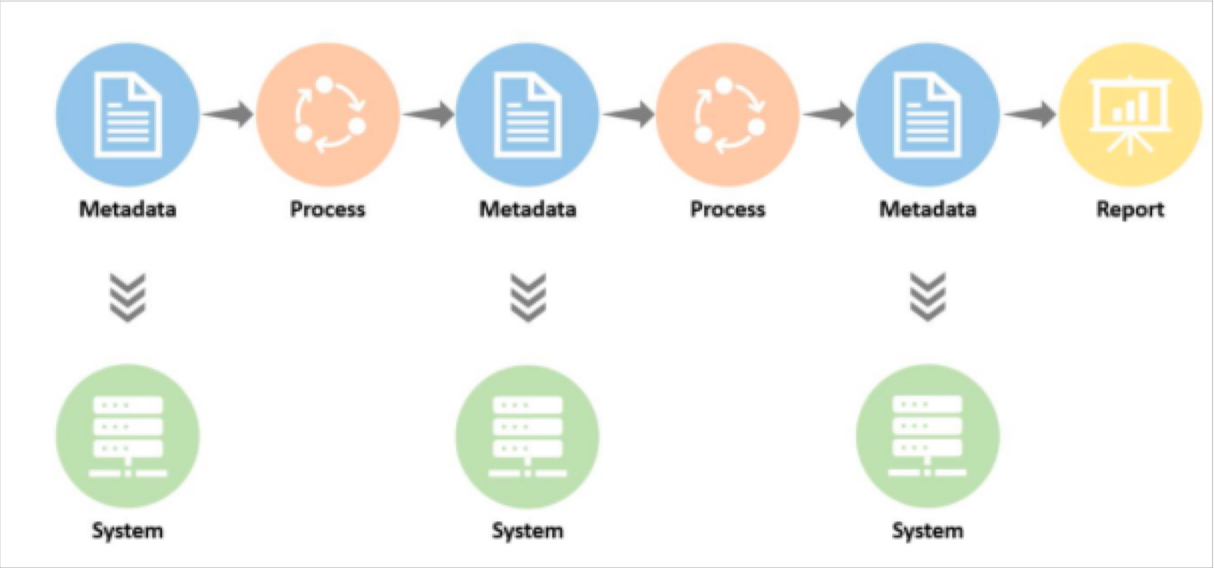 The ULTIMATE Guide To Data Lineage
The ULTIMATE Guide To Data Lineage 
